Terraforming can be approximately defined as transforming the state of any heavenly bodies such as moons, planets to that of Earth.
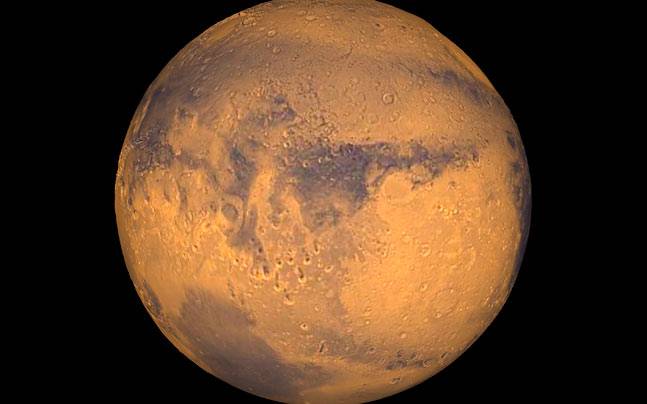

Terraforming can be approximately defined as transforming the state of any heavenly bodies such as moons, planets to that of Earth.

What’s 23 feet tall, eats smog, and makes jewelry for fun?
In Rotterdam this week, the designer Daan Roosegaarde is showing off the result of three years of research and development: The largest air purifier ever built. It’s a tower that scrubs the pollution from more than 30,000 cubic meters of air per hour—and then condenses those fine particles of smog into tiny “gem stones” that can be embedded in rings, cufflinks, and more.
“This Report to the Club of Rome attempts to assess the condition of the tropical rainforests over the past 40 years and to project their likely future over the next 40 years, in terms of forest cover change, drivers of deforestation, impacts on biodiversity, and the consequences of climate change.”
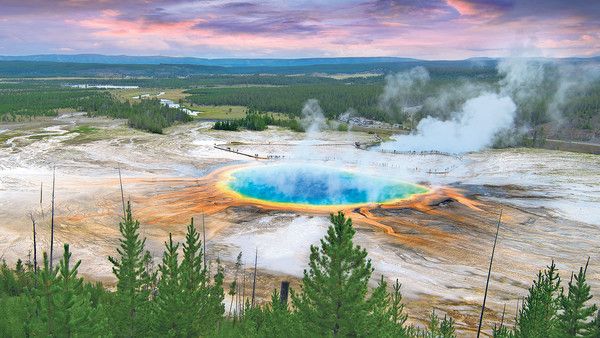
One of the most symbolic and substantively important examples of environmental conflict is over Yellowstone National Park. Yellowstone is the first national park in the world, and perhaps the most important natural treasure in the US. More recently it has become a site for bitter and long-lasting environmental conflict. And it has made me wonder how the scientific arguments around the issues sit with the emotional reactions inspired by the landscape and history.
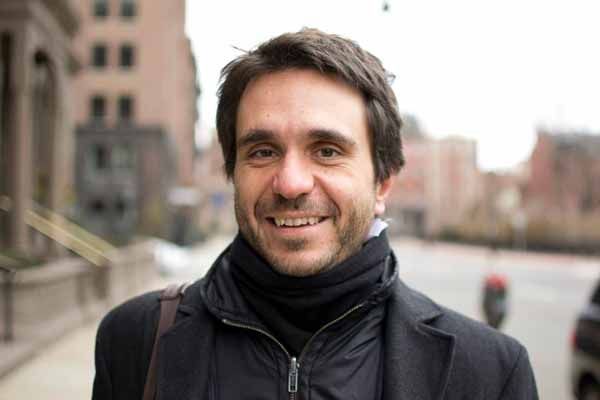
The traditional framing of the issue is a choice between accepting the power of markets and ‘playing their game’ to win environmental concessions vs. the purist perspective of saying No to any hint of money or markets in environmental policy.
In this article we will describe the positions of two relatively new fields of study—Ecological Economics and Political Ecology—in an effort to redefine the terms of the choice and chart a path for a pragmatic approach.

“People basically have to buy a new gas car to get a cleaner gas car. If you own an EV for a decade, on the other hand, it has the potential to get cleaner every year as the electricity grid gets cleaner—in a sense, updating itself in real-time. ‘Only electric cars get cleaner as you drive them.’” Read more
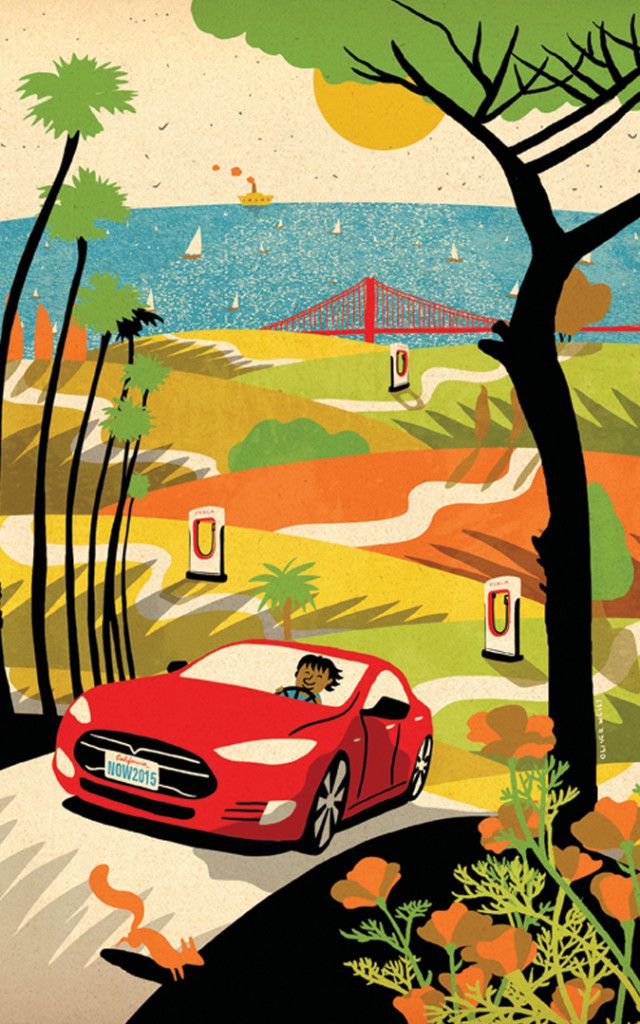
I’M driving 550 miles in three days, all by myself, mainly for the fun of it—and I’m not an environmental villain. Behind the wheel of a borrowed bright-red electric Tesla Model S, I click off the miles as I head south from the San Francisco Bay Area on Interstate 5 through California’s San Joaquin Valley, feeling virtuous because my tailpipe spews no pollution.
Cities are often seen as the flipside of nature: synthetic, sleek and sometimes impersonal. For places that pine after being greener, the Solitair tree nursery provides a blueprint.
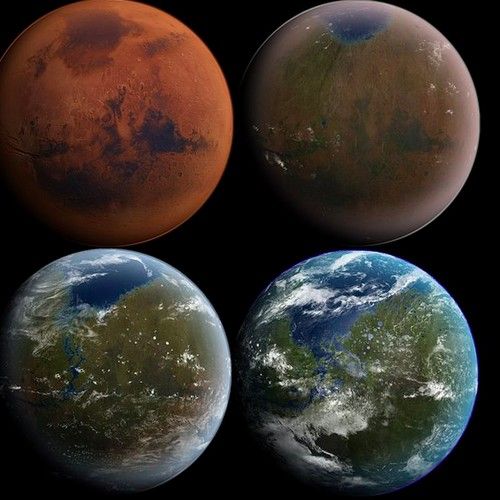
The Pentagon is working on technology that will allow it to engineer a new organism within a day of it being found in the wild.

“Even using conservative estimates, the researchers found that the rate of extinction in the last 115 years is as high as 50 times what it would be under normal circumstances.” Read more